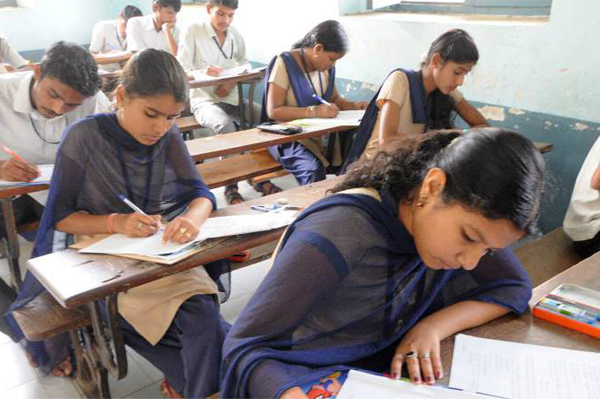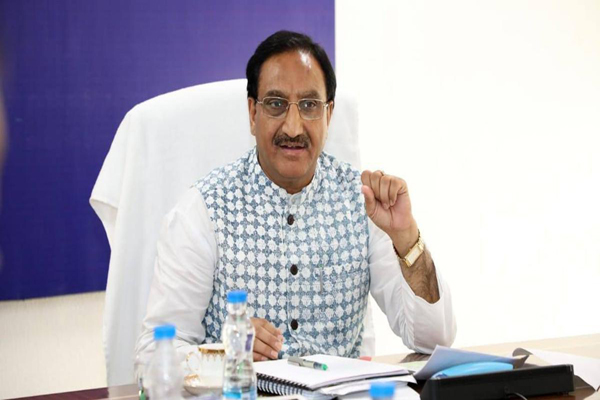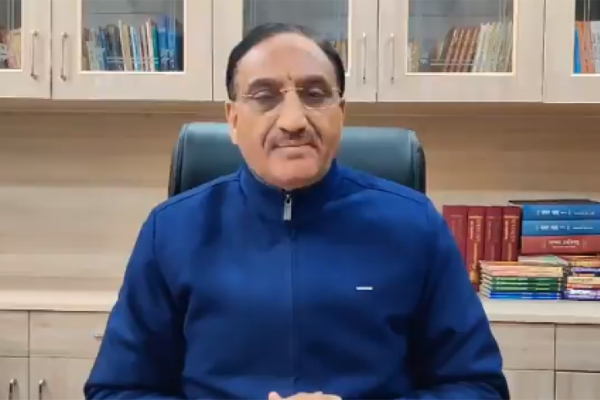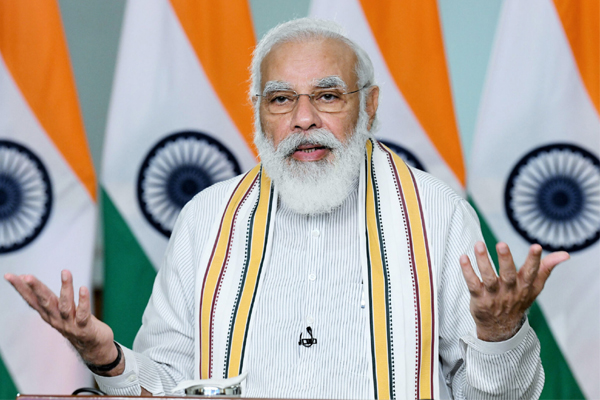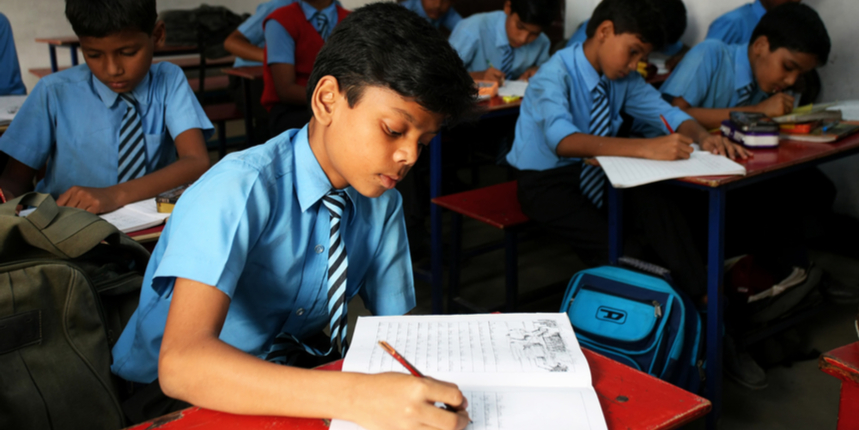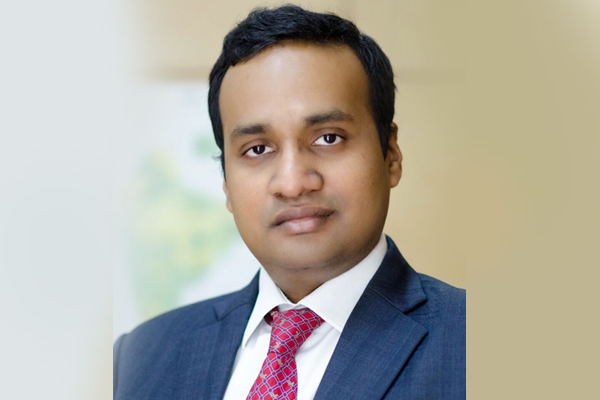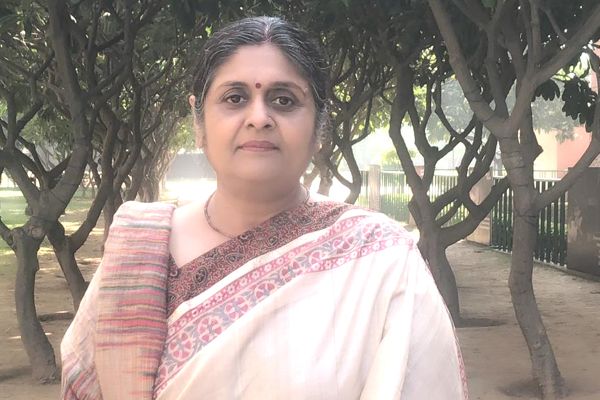As per our National education policy, the education system needs to give more focus on change and innovation to achieve the required GER, says Dr Sujata Shahi, Vice Chancellor, IILM University, Gurugram in a conversation with Elets News Network (ENN).
As we know India has the third largest higher education system in the world, after the US and China, according to the World Bank. The growth of the higher education system in India is remarkable and especially in the post-independence period. As per our National education policy, the education system needs to give more focus on change and innovation to achieve the required GER. Universities have always been a paramount player in a global system increasingly driven by knowledge, information and ideas.
Keeping in mind the transformation of the education system, which is currently prevalent due to pandemic and new normal, IILM University holds onto its top spot year after year because it produces a steady stream of innovations that are cited by other researchers in academia and private industry. That sort of influence is a key measure of the success and growth of the institution. IILM understands that it’s almost impossible to mention the words ‘higher education’ without ‘innovation’ following closely behind. Despite the clichés, innovation in higher education isn’t just about staying ahead, it’s about staying relevant and sustainable in a globally unpredictable environment. At IILM, it’s also not about simply disrupting teaching and learning methodologies, but about strategically molding these methodologies in order to cultivate new ideas, enhance creativity, encourage collaboration, and promote inclusion and diversity.
Also read: Globus Infocom offers advanced technology solutions
As the leading national higher education institution IILM is a hub of strategic significance by conducting cutting-edge research in numerous fields and inculcating the spirit of discovery and entrepreneurship. The university contributes to entrepreneurship driven research and develops strong interdisciplinary programs in strategically selected priority areas. We are sincerely working towards fulfilling our dream of an institute where there is a synergy of user experience, mobility, digitalization, safety, artificial intelligence, and embracing cloud benefit.
Our innovation in education is focused on creating a framework that defines the knowledge and skills required for success in work, citizenship, and life and that can be used to guide students’ cumulative progress through college. An inquiry based exploration of subjects that the individual student identifies and defines, which is conducted over the course of at least one semester, and that involves substantial writing and reflection. Another significant innovative approach is rubrics to evaluate the work students produce across their diverse learning pathways and whose results inform efforts to promote student success.
Students cannot reach their full potential when impeded by issues affecting their safety, security and well-being. We help the students with timely information that empowers and informs their decisions. We have the best resources and information available on campus safety. Educational programs instituted across all components of the campus system, including students, faculty, staff, and safety officials are key. Bystander intervention and trauma-informed training programs at IILM foster a culture of safety, concern, and mutual responsibility for the campus community.
IILM University continuously works to build on innovative practices, leveraging emerging technologies to enhance the student experience. We understand that campus is the epicenter of all activity and therefore we leverage technology and strategies in a way that improves the experience of the students.











